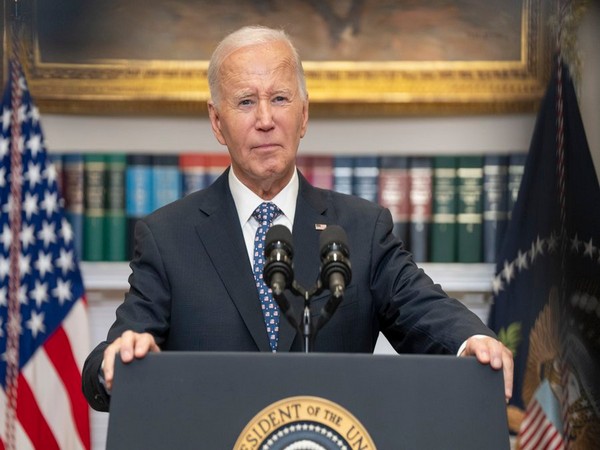Biden's Quick Berlin Visit: Ukraine and Middle East Stakes
U.S. President Joe Biden traveled to Berlin to discuss escalating global conflicts with European leaders. His visit centers on Russia's invasion of Ukraine and unrest in the Middle East. The trip highlights diplomatic relations amid concerns over successor policies following the upcoming U.S. presidential election.

President Joe Biden departed for Berlin to engage in talks with Germany, France, and Britain regarding urgent global conflicts. Top on the agenda are Russia's invasion of Ukraine and tensions in the Middle East as Biden seeks to bolster support for Ukraine. Fresh from campaign stops, Ukraine's President Zelenskiy presented a 'victory plan' for peace, while alliances plan their next steps amidst uncertain U.S. elections.
The trip, meant to reaffirm ties with German Chancellor Olaf Scholz, compels attention to how allies can support Ukraine while curbing conflict durations. Both Democratic and Republican candidates for the U.S. presidency remain scrutinized regarding future foreign policy commitments. In anticipation of unavoidable strategic shifts, Biden's visit underscores crucial partnerships, ensuring robust discussions about NATO's role and Israel-Iran tensions.
Biden's itinerary, initially altered due to Hurricane Milton, underscores America's influential status in international matters. The bilateral meetings, accompanied by NATO's long-standing position on Ukraine's potential membership, epitomize ongoing diplomatic efforts to safeguard stability, as Germany and the United States collaborate on peaceful resolutions. Biden emphasized resilience against Iran's regional threats, catalyzing allied defenses amid geopolitical uncertainties.
(With inputs from agencies.)










